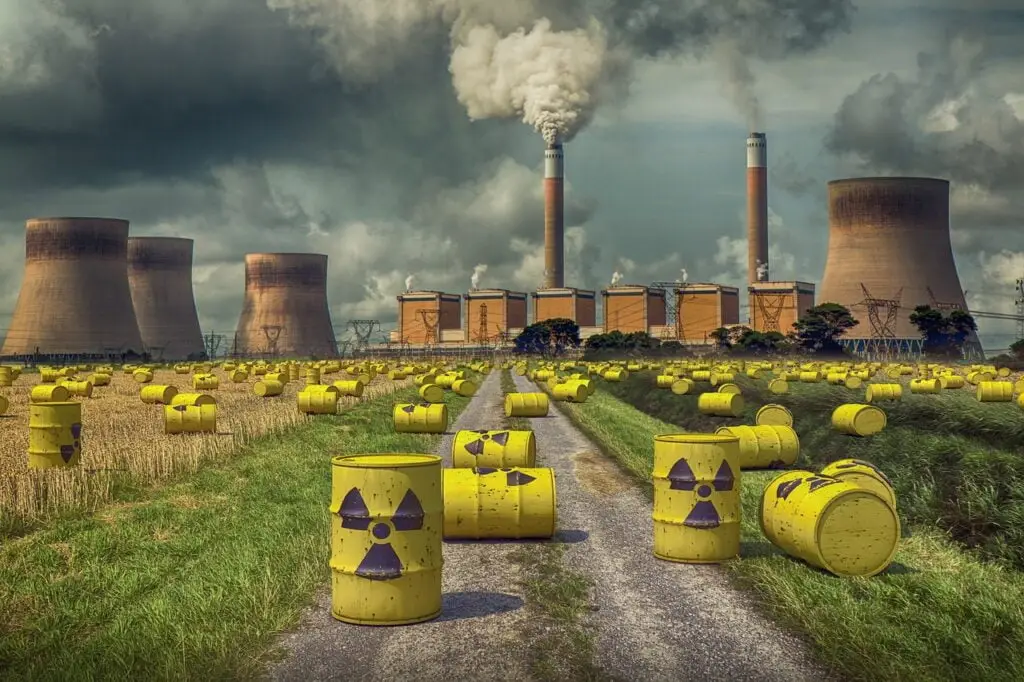
SAN JOSE – Recent reports suggest that China’s carbon emissions have declined for the first time since the pandemic ended, leading some to believe that the world’s largest polluter may have peaked emissions ahead of schedule. However, a closer examination reveals that this reduction is not primarily due to deliberate climate mitigation efforts, but rather the result of broader economic trends affecting global demand.
According to new research from Carbon Brief, China’s carbon emissions fell by 3% in March compared to the previous year, marking the first annual decline since January 2023. This decrease is noteworthy given China’s role as the world’s largest carbon emitter, responsible for a significant portion of global emissions. The drop has been largely attributed to a combination of record installations of wind and solar power, a slowdown in the property sector, and a stagnation in oil consumption.
While it might be tempting to view these developments as a sign of China’s commitment to decarbonization, the underlying causes paint a different picture. The decline in emissions coincides with a broader slowdown in the global economy, which has dampened demand for Chinese exports and, consequently, industrial output. The property sector, a major contributor to emissions through steel and cement production, has experienced a significant downturn, further reducing carbon output.
This context is crucial to understand the real drivers behind the emissions reduction. The world economy is slowing down, and with it, the demand for goods and services is decreasing. This decrease in demand has led to reduced industrial activity in China, which naturally lowers emissions. In other words, the emission reduction is more a byproduct of economic deceleration rather than a direct result of proactive environmental policies.
Lauri Myllyvirta, a senior fellow at the Asia Society Policy Institute, highlighted that the rapid growth in clean energy installations and the slowdown in high-emission sectors are significant factors in the emissions decline. However, he also noted that China’s emissions might have peaked in 2023 only if the buildout of clean energy sources continues at record levels. This conditional statement underscores the uncertainty surrounding China’s long-term emissions trajectory, especially given the country’s ongoing reliance on coal as a primary energy source.
China’s commitment to achieving net zero emissions by 2060 remains in doubt as long as coal continues to play a dominant role in its energy mix. Despite the impressive growth in renewable energy, China’s coal fleet expanded by 2% last year, with China accounting for the majority of this increase. This expansion contradicts the narrative of a country fully embracing decarbonization.
Furthermore, the structural issues within China’s energy grid pose additional challenges. The grids are struggling to integrate the surging solar power capacity, which peaks during the day and drops off at night. This inconsistency in renewable energy supply complicates the transition away from coal and other fossil fuels.
The recent emissions decline should therefore not be misconstrued as a sign of China’s successful climate policy. Instead, it reflects the broader economic headwinds facing the global market. This distinction is critical because it prevents complacency in climate action. Policymakers and stakeholders must recognize that a genuine and sustained reduction in emissions requires structural changes and deliberate policy interventions, not just fluctuations driven by economic cycles.
In conclusion, while the drop in China’s carbon emissions is a noteworthy development, it is more indicative of an economic slowdown than a triumph of climate policy. The global community must remain vigilant and continue to push for substantive actions that address the root causes of emissions, ensuring that reductions are sustainable and aligned with long-term climate goals.


